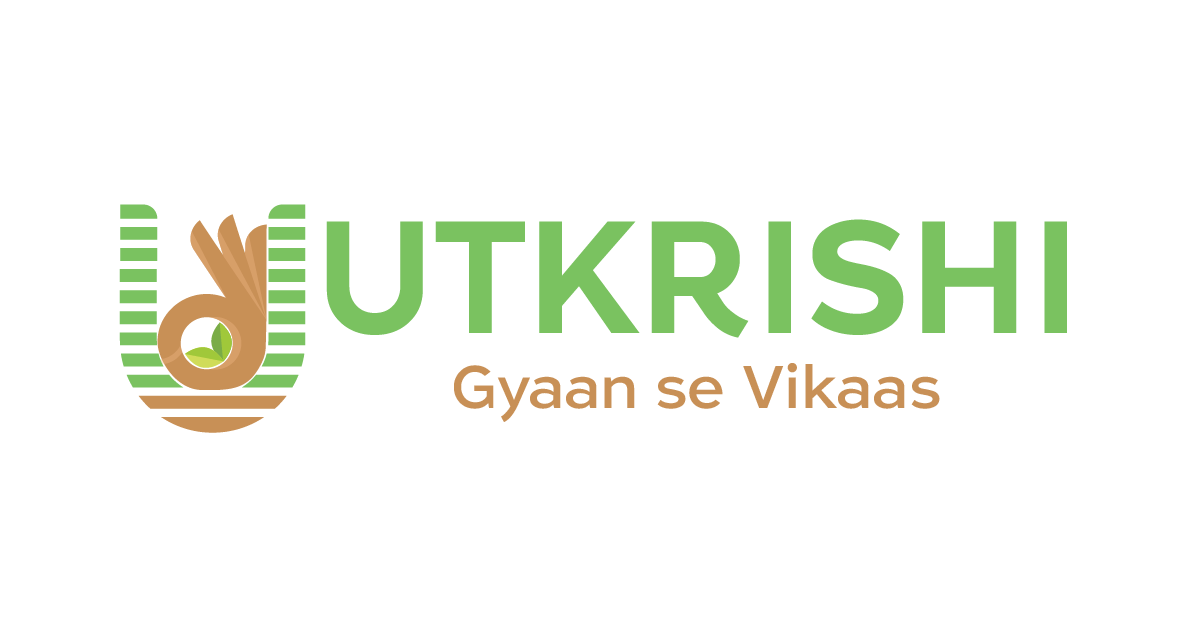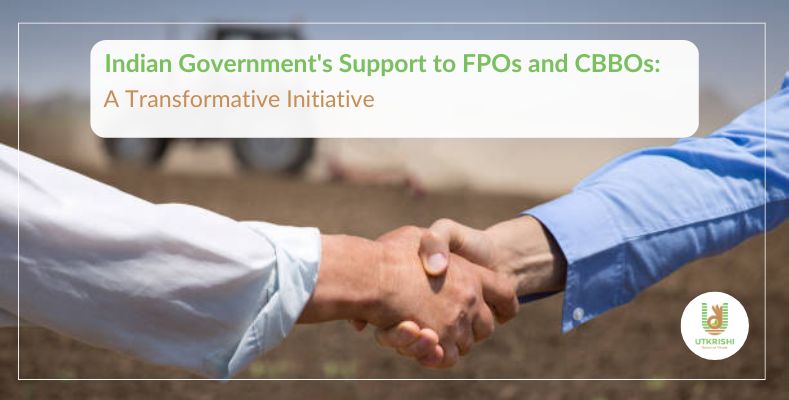The Indian government has made significant strides in supporting Farmer Producer Organizations (FPOs) and Cluster-Based Business Organizations (CBBOs) as part of its broader goal to empower small and marginal farmers. These efforts are vital to enhancing agricultural productivity, improving market access, and driving economic growth in rural areas.
Formation and Promotion of 10,000 FPOs
One of the cornerstone initiatives is the Central Sector Scheme for the formation and promotion of 10,000 new FPOs, launched in February 2020. With a substantial budget of ₹6,865 crores, this scheme aims to aggregate small and marginal farmers into FPOs, allowing them to leverage collective strength for better access to technology, credit, and markets. The scheme follows a “produce cluster” approach, focusing on specific agricultural and horticultural products to optimize economies of scale and improve market linkages.
Role of CBBOs
CBBOs play a crucial role in this scheme, providing end-to-end support to FPOs from their formation to becoming economically viable entities. These organizations assist in mobilizing farmers, conducting baseline surveys, registering FPOs, and offering professional handholding for up to five years. CBBOs also help FPOs develop business plans, secure market linkages, and access credit facilities, ensuring that these farmer collectives can sustain themselves long after the initial support period.
Financial and Technical Assistance
Under this scheme, each FPO can receive financial assistance of up to ₹18 lakhs over three years, along with a matching equity grant of up to ₹2,000 per farmer-member, capped at ₹15 lakhs per FPO. Additionally, a credit guarantee facility is available, offering up to ₹2 crores in project loans, which helps FPOs access much-needed institutional credit without the burden of collateral.
The government has also set up a robust training infrastructure to support FPOs. Institutes like the Bankers Institute of Rural Development (BIRD) in Lucknow and the Laxmanrao Inamdar National Academy for Co-operative Research & Development (LINAC) in Gurugram are at the forefront of capacity-building efforts, helping FPOs develop the necessary skills to become self-sustaining.
Impact and Progress
As of mid-2024, the initiative has seen substantial progress, with over 5.87 lakh farmers mobilized and around 3 lakh registered as shareholders in newly formed FPOs. The scheme also focuses on inclusivity, with 201 women-focused FPOs and 481 FPOs registered in tribal districts, reflecting the government’s commitment to empowering all sections of the farming community.
The formation of FPOs and the involvement of CBBOs are pivotal in transforming Indian agriculture, particularly in enhancing the income of small and marginal farmers. These efforts are a significant step towards realizing the vision of “Atmanirbhar Bharat” (Self-reliant India) by making Indian agriculture more resilient, market-oriented, and globally competitive.
Conclusion
The Indian government’s support to FPOs and CBBOs is not just about financial aid; it is about building a sustainable and self-reliant agricultural ecosystem. Through strategic interventions, capacity building, and market linkages, the government is laying the foundation for a prosperous rural economy where farmers are empowered to thrive independently.
These initiatives are expected to have a lasting impact, driving the growth of the agricultural sector and contributing to the overall economic development of the country.


